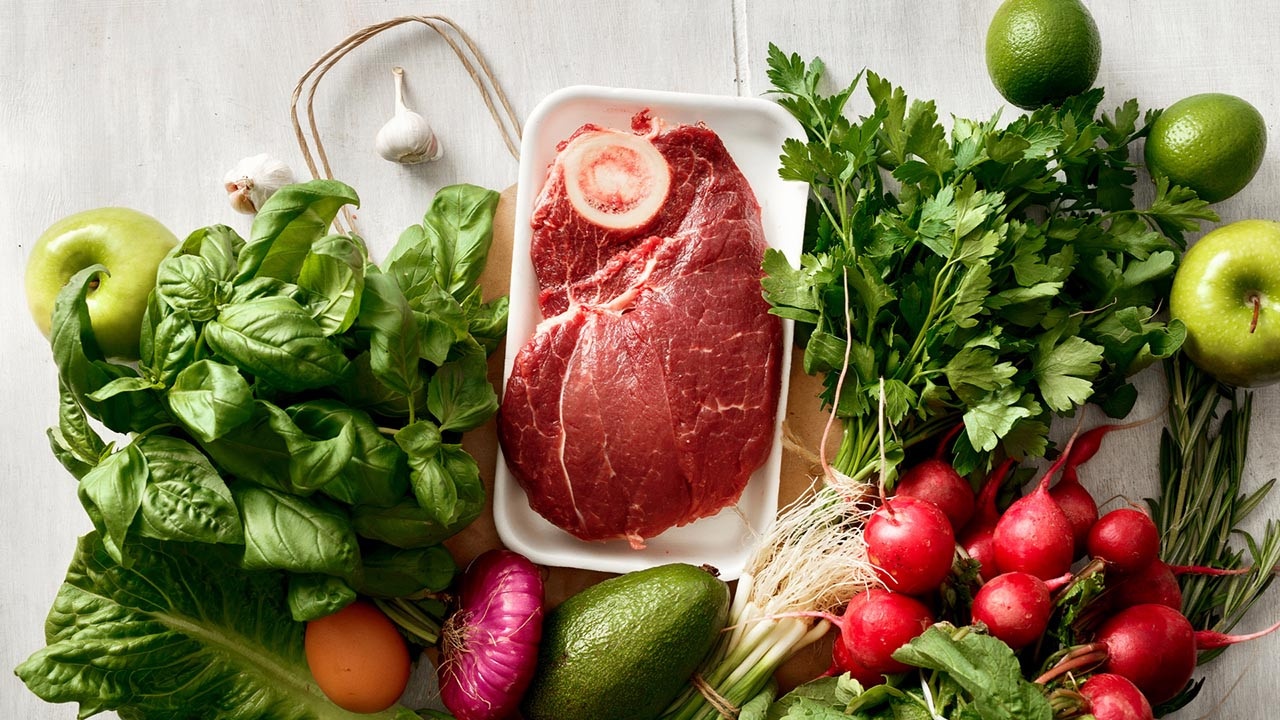We all know nutrition is an essential part of a healthy, active lifestyle. It’s been ingrained in us. “An apple a day keeps the doctor away.” “You are what you eat.” What may seem foreign to you though is how nutrition and chiropractic go hand-in-hand. The promotion of healthy lifestyles is an important goal of chiropractic care. Nutrition is a great example of this.
Proper nutrition is essential in keeping your musculoskeletal (MSK) system operating to its full potential. If you are seeking chiropractic care to recover from an injury or just to maintain MSK health, nutrition becomes even more important.
Watch your caloric intake
Although it has almost become cliché to talk about caloric intake, the foods you put in your body can go a long way in prolonging an MSK issue or putting extra strain on your muscles or joints. The more high caloric foods you eat, the more weight you’re going to gain. The more weight you gain, the more pressure your muscle or joints come under. It’s simple logic really, that most don’t think about.
Tailored diets
Your chiropractor has the education and expertise to tailor a diet or suggest foods that can directly address your injury or lifestyle.
For instance, those suffering from pain in a muscle or joint may be given an anti-inflammatory diet that avoids foods like white bread and french fries. These foods are recognized as a foreign invader by the body, leading to an increase in inflammation as well as a host of other problems.
Lifestyle nutrition is also something your chiropractor can assist you with. If you or your child are into athletics a diet rich in complex carbohydrates is essential to provide the energy source to fuel your intense training and competition. Your chiropractor can assist you in developing a meal plan to meet your needs.
Chiropractic expertise in nutrition
Your chiropractor has received the training necessary to provide you with nutritional advice in conjunction with your chiropractic treatment. Students on the road to becoming DCs (Doctors of Chiropractic) will receive classes in physiology, biochemistry and nutrition as part of the core curriculum.
Together, with other courses that focus on a healthy lifestyle and whole-body wellness strategies, your chiropractor can be an excellent resource to assist you in your quest for healthy choices and better all-around health.
Many chiropractors also choose to further their education in the field of nutrition as well, through post graduate programs and advanced education.
For more blogs and information like this, follow us on Twitter or like us on Facebook.
Originally posted by the Chiropractic Association of Alberta

